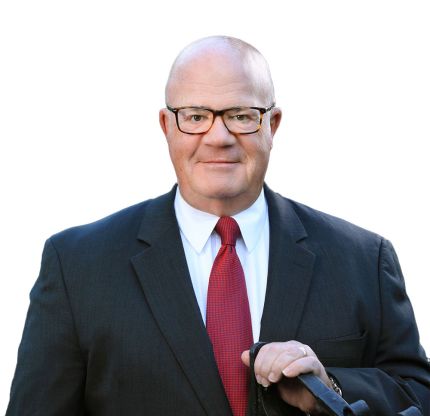
Six Blind Funeral Directors – Fourth Installment
What, Then, Shall We Become?
So, considering the issue from a theoretical, rational and contextual perspective, we are left with the question: Now What?!
When this most recent transformation began several decades ago the question was: “how can we adapt?” I believe that question led us down some unfortunate rabbit trails. It is less about adaptation than it is about reimagining. We have reimagined ourselves more than once. It is time to do it again.
I have come to the following conclusions:
- The form has changed the substance has not
- The skill sets required for success are simple but different
- How value is defined has changed; but there is still value
- The opportunity for radical transformation provides unprecedented opportunity for personal success
In her book: “The Art of Gathering” (a must read for funeral directors) Priya Parker points out that the venue dictates the experience. The conventional funeral home venue (formal chapel, somber décor, muted sound) is in conflict with the form of expression preferred by the public today. Ultimately, these facilities must be phased out. This is not new. Compare the current facilities built as funeral homes with the converted houses of a previous age. Yet, it is financially unfeasible for most practitioners to build new and abandon the old. So, as a stopgap, we must redecorate and, if possible, renovate. If we are to abandon anything, we must abandon the conventional tomb-like interiors for upbeat, transcendent themes with lots of lighting.
Tracing the evolution of funeral service and its sequential reimagining enables us to realize that the thread of continuity is that we are facilitators. Initially, we facilitated transportation and merchandise. Today, we are called on to do that and much more. We are now facilitators of personal expression. It is our role to facilitate the expression of why a given life mattered. Not only for the deceased but for the survivors. We are to facilitate an experience (not an event) that is transcendent. An event has a beginning and an end. While it may be a different experience than people are used to it is not necessarily transcendent. As a litmus test, an experience should always leave people feeling different than when they arrived. The venue can facilitate or constrain that result.
As facilitators we must become proficient in interviewing, listening, reframing, reflecting and guiding and assisting our clients to achieve more than they expected. That requires that we master Appreciative Inquiry. Value will not be defined by us, our facility or the merchandise. Although those things can help or hurt the perception. It will be defined by how we make people feel.
Given that few can afford to build 21st Century transcendent style facilities, we must also relearn the social graces incorporated in the concept of Radical Hospitality. Thereby creating an oasis of safety, comfort and optimism.
I truly believe that those who are able to reimagine their business will find their business growing and increasingly prosperous. Consumer choices will be less and less about money and more about individual significance. I am excited for the younger members of our profession. This is one reimagining that is both inexpensive (except for that new facility) and simple. There is so much you can do now that costs either nothing or very little. Those that make it will be rewarded exponentially.
For more on this:
Six Blind Funeral Directors Describe Our Future
Our Blogging Expert

Business Consultant / Owner
Popular Articles

